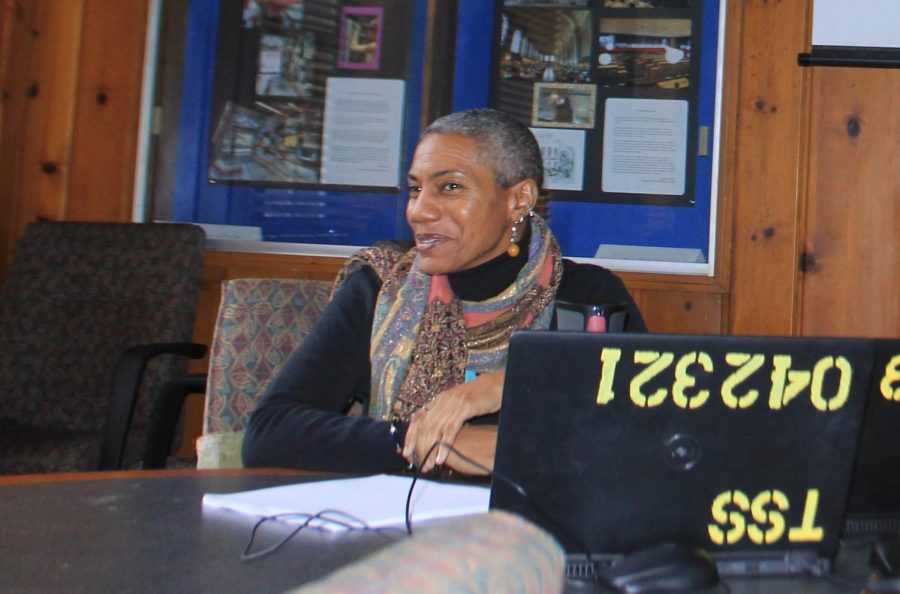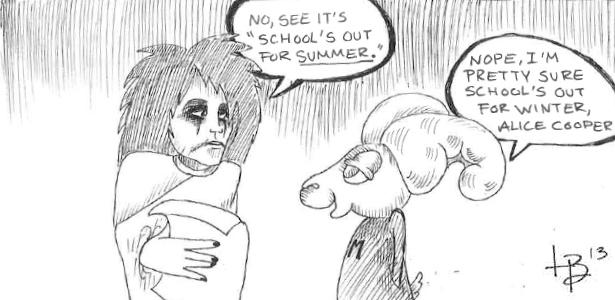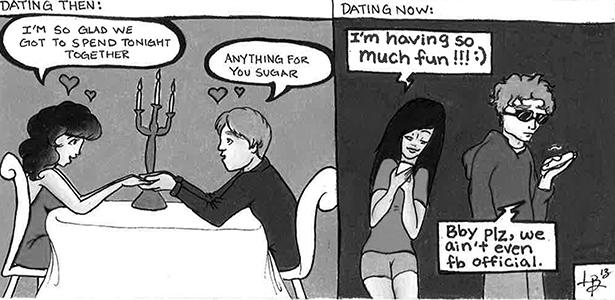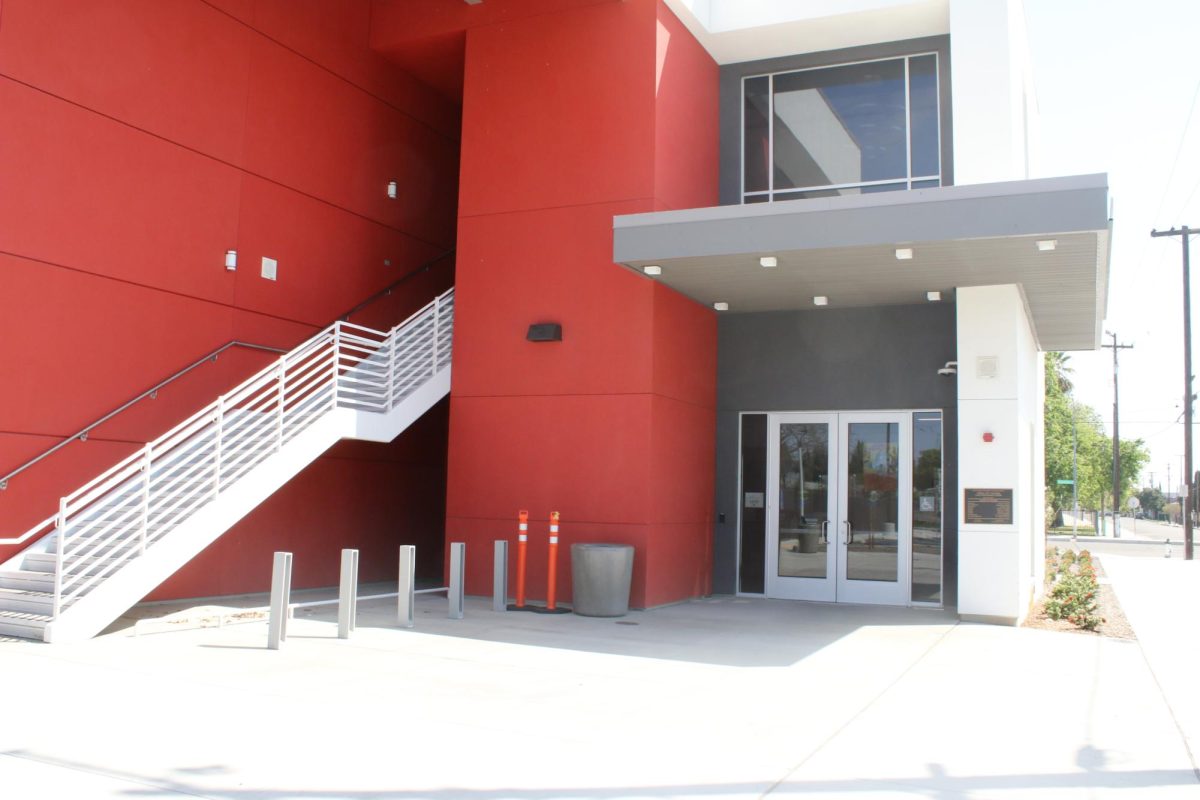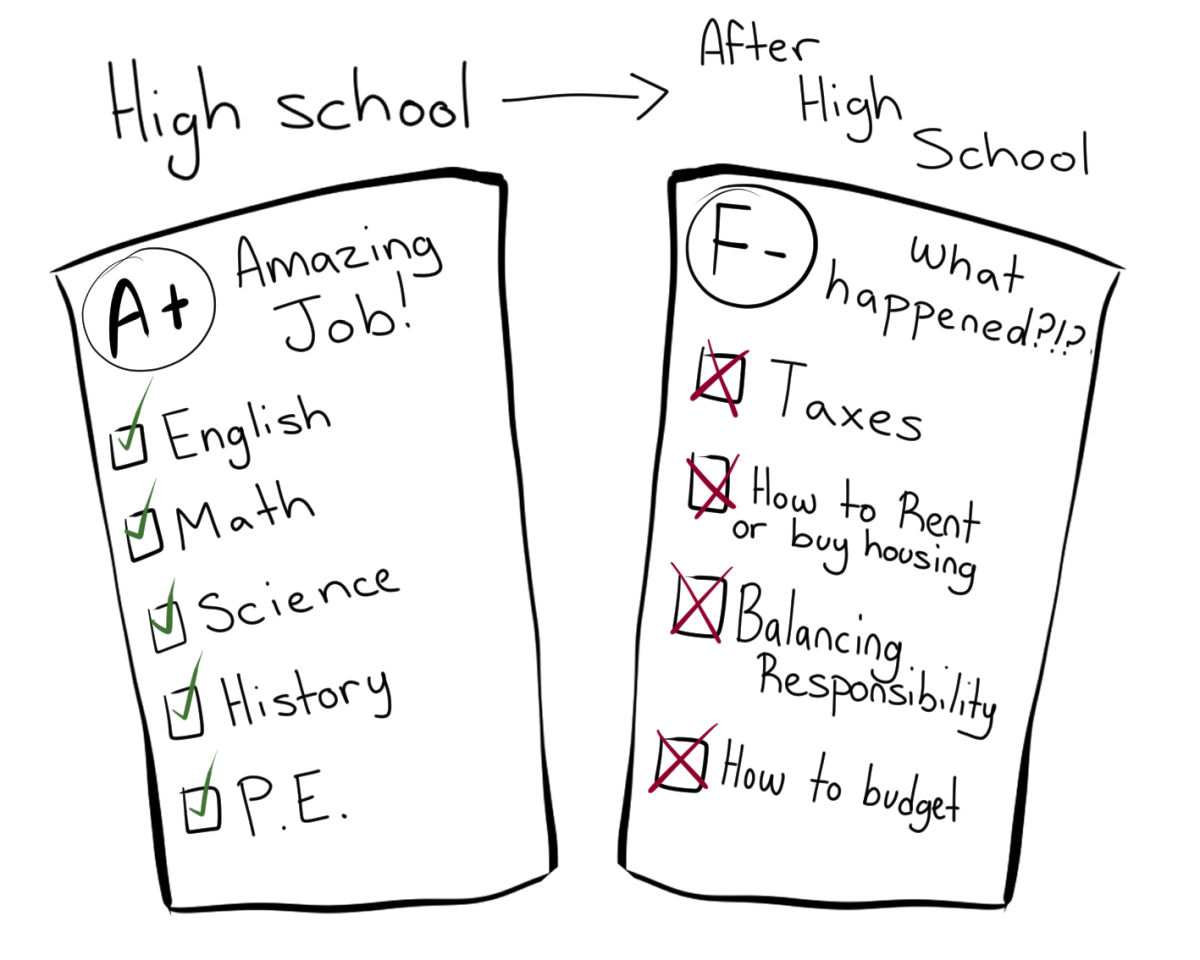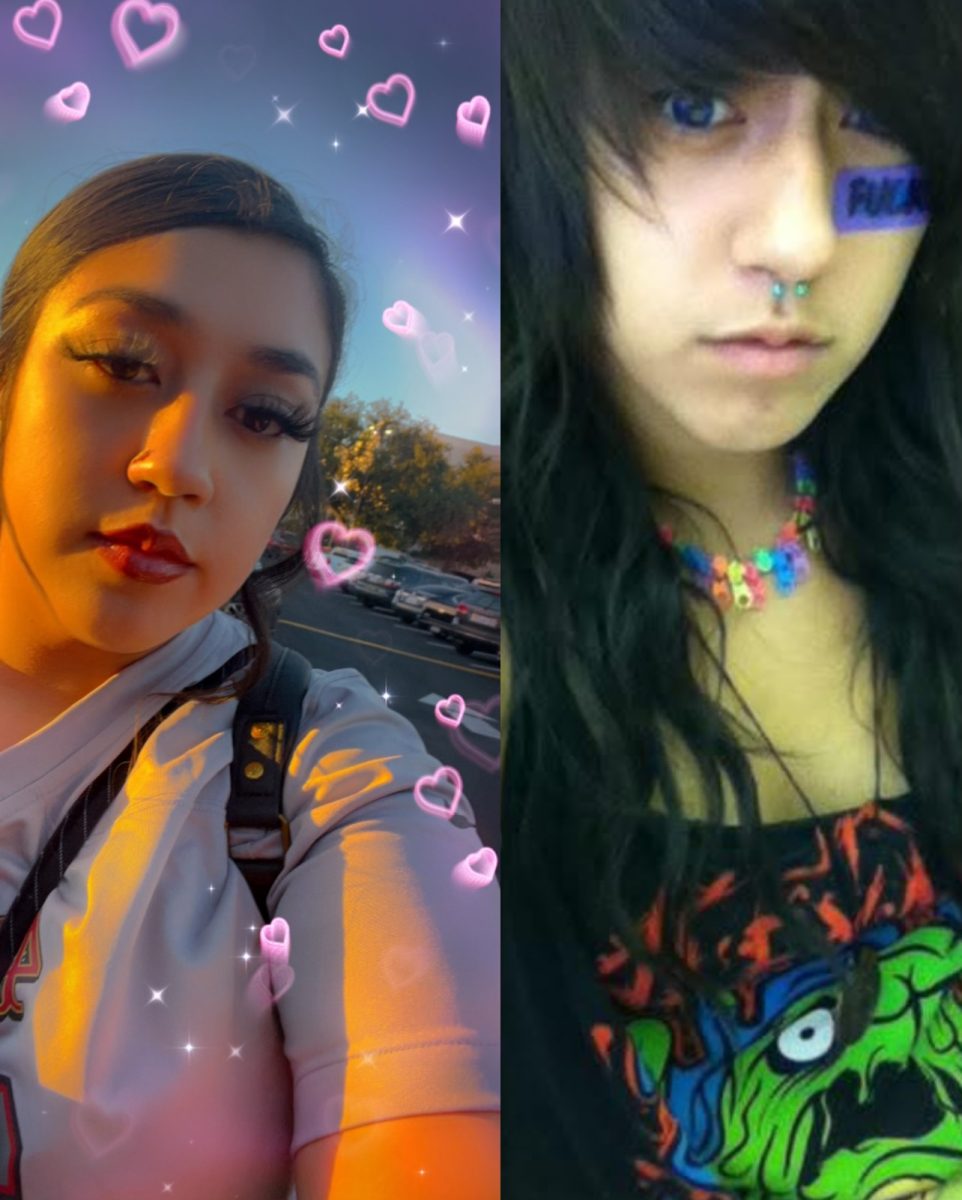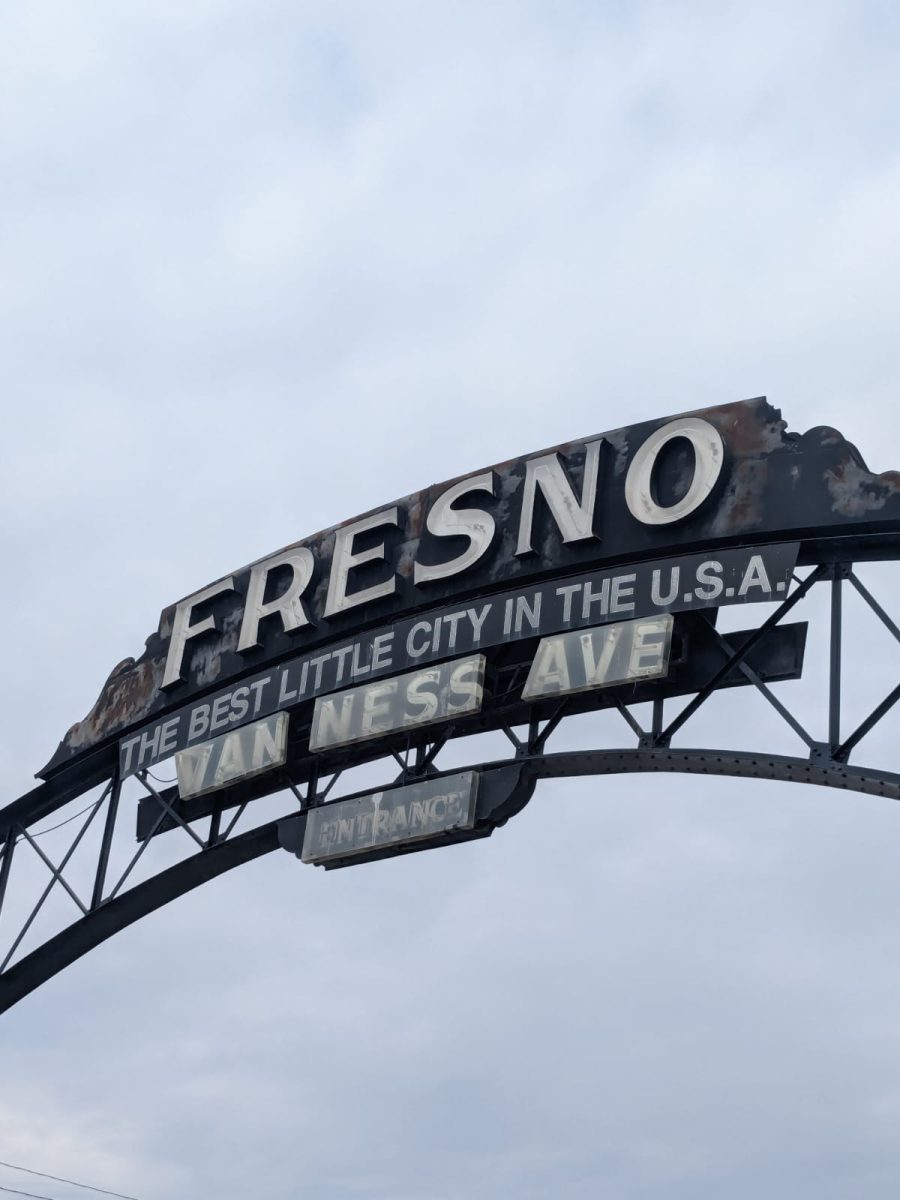Student activism, in all its many forms, is, despite contrary belief, the future.
Since the 1960s, when activism first surfaced, there has been a lot of controversy over the issue. The question is not whether experienced activists can make change for the better, but whether students can make a difference, given their youthful perspective on politics and world concerns.
“I think it is totally possible for students to make real change,” said José Alejo, Fresno State student. “It’s historically young people that start change. So it makes total sense that students, of all people, would make a difference.”
It’s the young minds who have new ideas for the world. According to the familiar adage, “Children are our future.” If those children of the future grow up and become college students with a passion for activism, then it is obvious that they are the ones who are really going to make a change.
These students are the people doing all the research on their beliefs. Their responses to a matter are, by their very nature, more educated. If activists received more respect, if those of higher stature didn’t question these individuals, then activism as a whole would have less misconceptions and possibly make a bigger impact on society.
These students who do research and see things from both sides of the spectrum before protesting are far more legitimate than someone who gets heated about something on the news and decides to blindly go into a protest.
College is an opportunity to learn who we are as individuals and develop new beliefs and opinions about the world. With this kind of fresh perspective, it makes for the perfect activist.
Still, a lot of students are intimidated by the idea of standing in front of hundreds of people and speaking up for what they believe. A lot of young people are unsure of whether they can make a real change.
“Stay passionate,” says Fresno City College student Candace Liles. “Don’t back down from [what you believe in] if you even have a doubt it shows in your voice. And if your voice isn’t loud and strong then no one is going to take you seriously.”
The issue is passion works but, there are no longer people who are truly passionate about large causes. Studies show that only 6 percent of students are interested in activism, a good portion of the activism community consists of these students. This means that our activism community has drastically shrunk since the ‘60s when many more students were involved in activism.
When activism first swept through University of California Berkeley, students took advantage of this opportunity and made a huge impact with the Berkeley riots for the civil rights movement, free speech movement, and against the Vietnam War.
Not only does student activism help shape society (if even in a small way), but it helps students better themselves as individuals. Without students standing up for what they believe in and sharing their perspectives of the world, activists would be an even smaller minority than they already are.
The issue isn’t how student activists help society because it’s undoubtedly true that they do help make a change; the issue is getting more students to stand up and have an interest in activism and an interest in making a change in things they care about.
If more of us stood up and unite as a student population, the change that could result would be immense. So next time you feel passionate about a cause, don’t just complain and brush it to the side. Research, stand up, and speak your mind.

